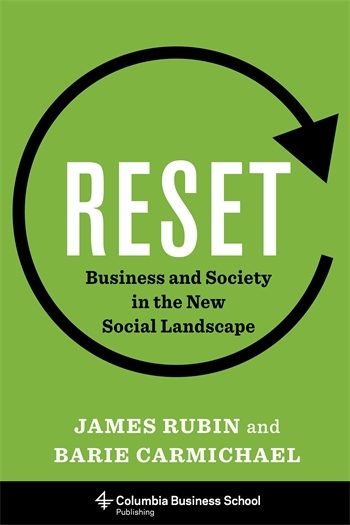More perspectives on the health care crisis
What do social scientists have to contribute to the continuing debate about the health care crisis? In Health at Risk: America’s Ailing Health System—And How to Heal It, edited by Jacob Hacker, sociologists, economists, political scientists, and legal scholars examine the current crisis and the dimensions of the privatization of risk in American health care.
Written by leading experts but for a general audience, the book brings ideas and methods from the social sciences to illuminate contours of the health care debate frequently left out of the more politically motivated conversation. Thus the essays examine the ideological shifts that have placed more and more risk in the hands of individuals; what segments of the population are most likely to be left uninsured and why; the rise of bankruptcy as a result of spiraling medical costs; and the actual quality of health care in the United States and how it compares to care in other countries.
The concluding essay by Jacob Hacker examines the political, ideological, and institutional barriers to real reform in American health care. In the introduction Hacker writes,
“It turns out that the main barrier to reform today is the failure of reform in the past, which has left the United States with a patchwork quilt of public and private coverage that divides the public and political elites and makes many Americans worried about the effect of change on their pieces of the quilt. In recent years, however, fundamental political and economic trends have collided to make large-scale reform a real possibility. The unanswered question is whether those favoring reform can learn from the ‘lessons of the past’ and build a political and policy strategy that surmounts the barriers to reform that still loom large, without giving up on the basic aim of universal health security.”



